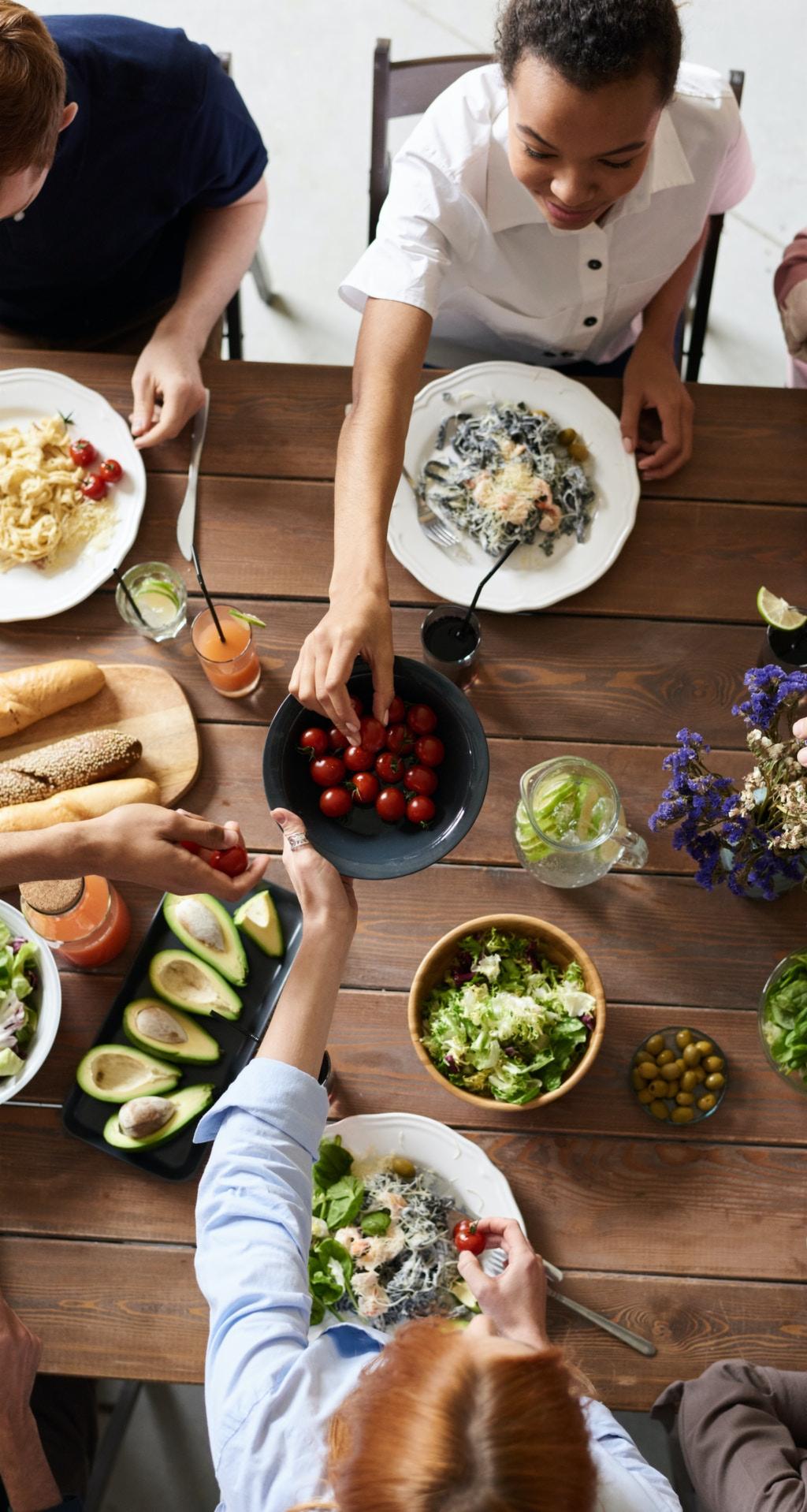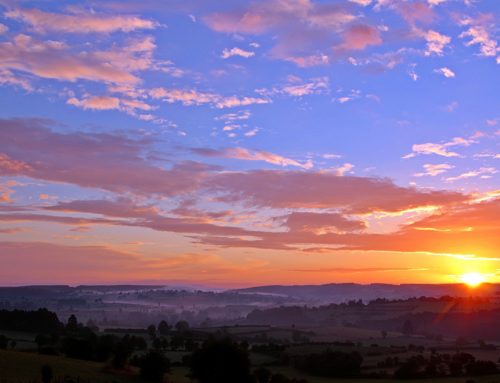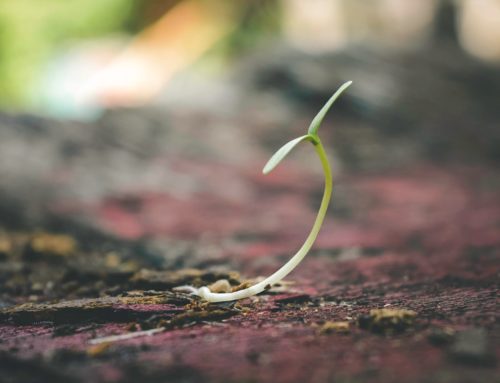One of the most cherished experiences of life is true friendship and especially enjoying the trust and company of those who love us and whom we love. To share life with another can be a wonderful gift, but equally to be separated from those we love, to be isolated from family and friends, to be able to see on-line but not touch, or smell, or hug, leaves us with an emptiness and sense of loss. All this we carry when we are locked down and restricted because of this pandemic. It is a consolation to know that in God we are never alone, that we are surrounded by a great cloud of witnesses and have the promise given to us by Jesus that we will not be left abandoned for the Holy Spirit will be with us drawing us into the presence of Jesus. However, we still long for and need that physical contact with those we love.
A couple of times this week we have been carers for two of our grandchildren, picking them up from day-care, feeding them and putting them to bed. It’s support we want to give and it is also a privilege and a joy for us. Driving back home late at night was almost surreal because the traffic was so light that the roads were almost empty. Most people seemed to be being careful to abide by the rules in order to keep this virus under control, and that’s encouraging, for we all look forward to the day when restriction will ease. There is both a sense that together we can do this, we can put up with the restriction, hard as that is, and at the same time a longing for greater freedom. It reminds me of stories of the Blitz in London during the Second World War, where we hear that people shouldered that burden together and then looked back on that time with some sense of nostalgia, partly I believe, because it gave people a strong sense of solidarity and community.
One of the great gifts the church gives us is the gift of community and a sense of belonging to something bigger, something vital, life-giving and full of meaning. Even more it’s about connection with the being and person of God; the source of life and love who has the power to transform us. Living in community helps that transformation as we learn to respect and care for one another, learn to forgive as we have been forgiven, learn to trust ourselves to others as confidences are kept, learn to see the good in others and enable that to grow. I imagine that all this was happening in the group of disciples that Jesus gathered around him. They were a very mixed group, just as every congregation is mixed, and they certainly had their squabbles and jealousies, but they also shared a common bond with Jesus – that’s what bound them together, just as it does for us. Even at the point of their greatest stress when Jesus was strung up on a cross and their hopes and longing were suddenly shattered they remained together bonded by the love they received and gave to Jesus.
Speaking about the love of his wife in the course of a lecture, one of my theology professors in Scotland said, “There are times when I say and do things which I regret and am ashamed of.” (an admission to make), “..and what saves me again and again is the love of my wife; it’s constant and unconditional.” Her love and belief in him restored his sense of identity and drew forth an echoing response of love. That’s also what we are given in the church and I want to thank our pastoral team for the care they offer and for all those who check up on us, provide care packages, or ring and make contact. In our Gospel reading Jesus speaks about facing the suffering and death that awaited him, something the disciples were not too keen to hear. However, Jesus faced this directly and willingly. So he teaches us that the way of love does involve suffering and the way we respond to that has the potential to make us more human, more understanding, more loving.
It is the narrow way that leads to life.
Peter





